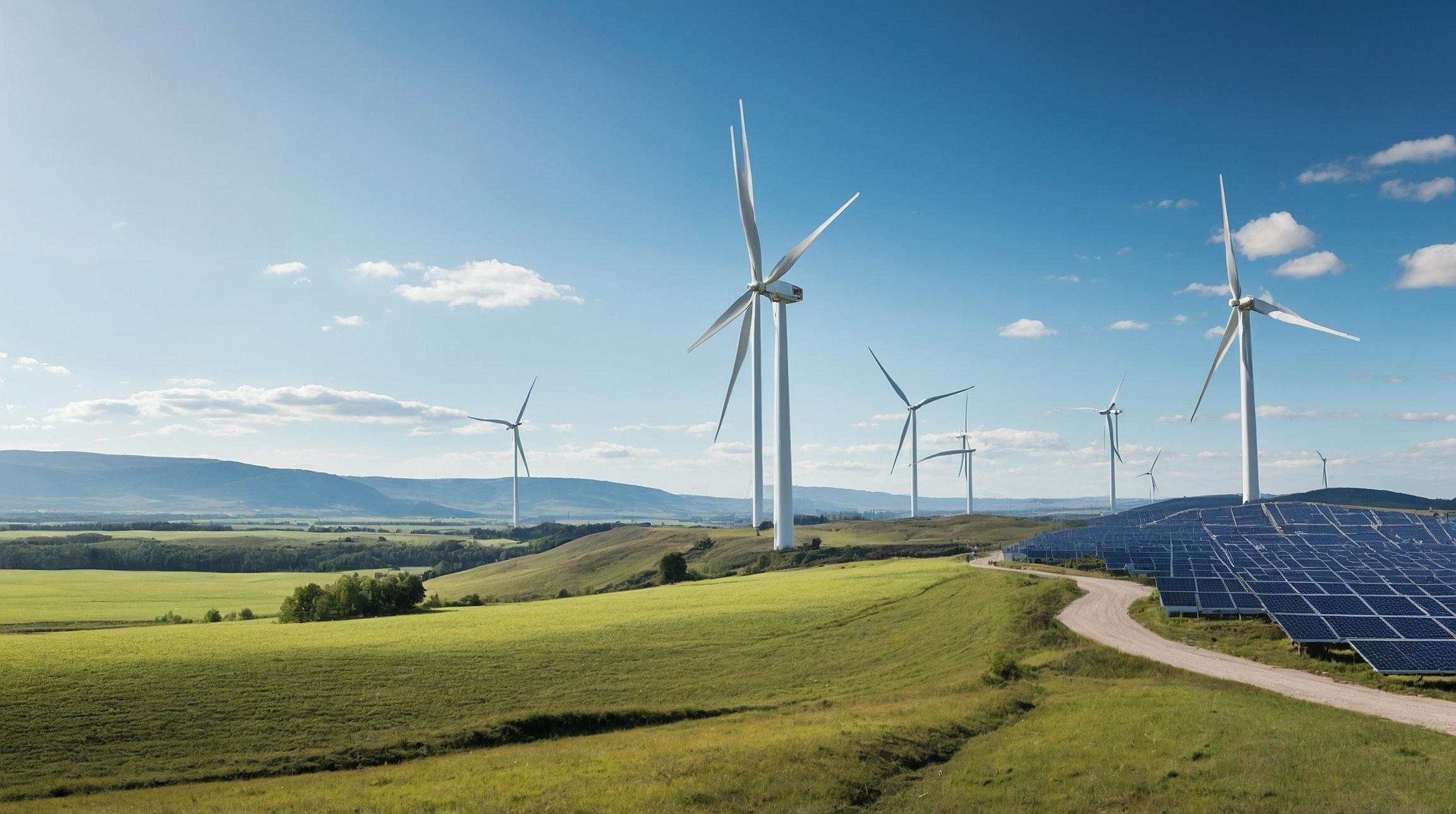Investment in Renewable Energy and Power Grid Technology
China's state planner has highlighted the need for increased investment in upgrading equipment to propel the country's energy transition. The focus is on renewable energy technologies, power grid advancements, energy conservation, and enhancing coal power plant flexibility. These areas are crucial for China's shift from coal to lower-carbon energy sources. For instance, wind farms older than 15 years or with a capacity below 1.5 megawatts (MW) are required to undergo upgrades.
Surging Global Electricity Demand
Globally, major economies face significant growth in electricity demand due to advancements in Artificial Intelligence (AI), cryptocurrencies, and clean energy manufacturing. AI, in particular, is a key driver of this surge. The Electric Power Research Institute (EPRI) predicts that by the end of the decade, data centers will account for up to 9% of the total electricity produced in the United States, a steep rise from the current 1.5%. This growing demand poses challenges to President Biden's goal of decarbonizing the power sector by 2035, with U.S. electricity demand expected to increase by as much as 15% over the next ten years.
U.S. Initiatives and Industry Collaborations
In response to these challenges, U.S. Energy Secretary Jennifer Granholm has been in discussions with major technology companies about investing in climate-friendly electricity generation. These discussions aim to ensure tech companies, which are significant power consumers, contribute to sustainable energy solutions. Granholm emphasized the importance of tech companies partnering with utilities and nuclear firms to ensure their operations are supported by clean baseload power. This collaboration is critical to managing the increased demand for electricity driven by tech companies' growth.
The push for investment in renewable energy and power grid technology is a global effort to meet growing energy demands sustainably, with China and the U.S. taking significant steps to achieve a cleaner power infrastructure.













